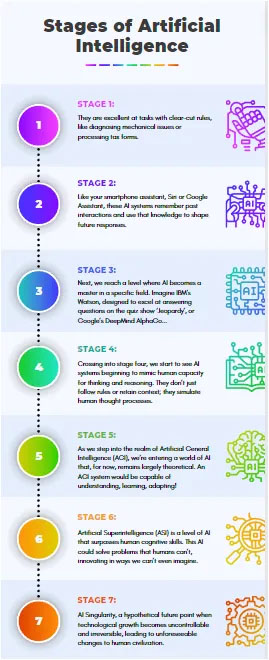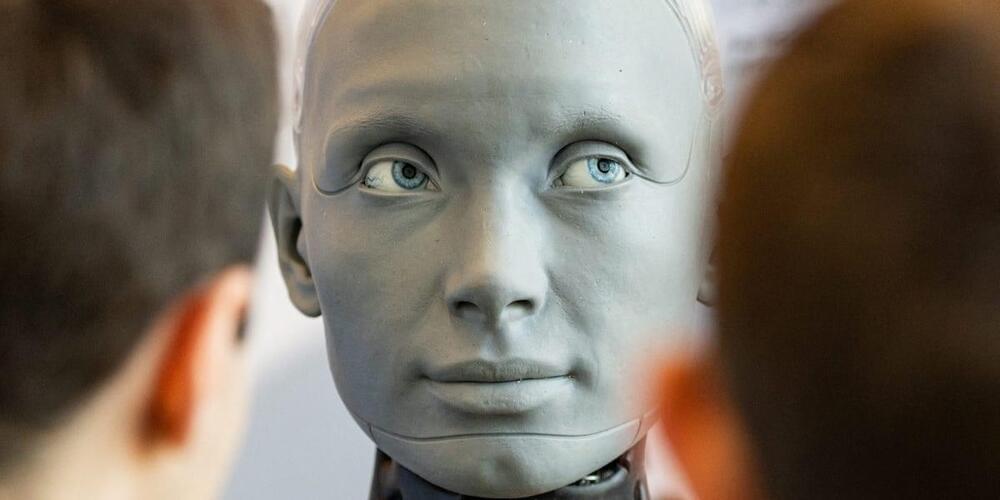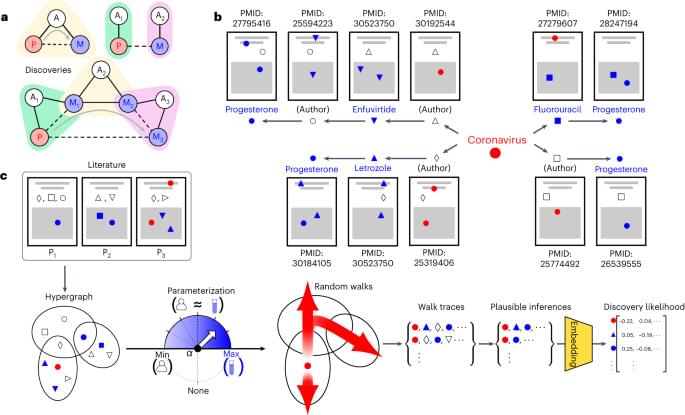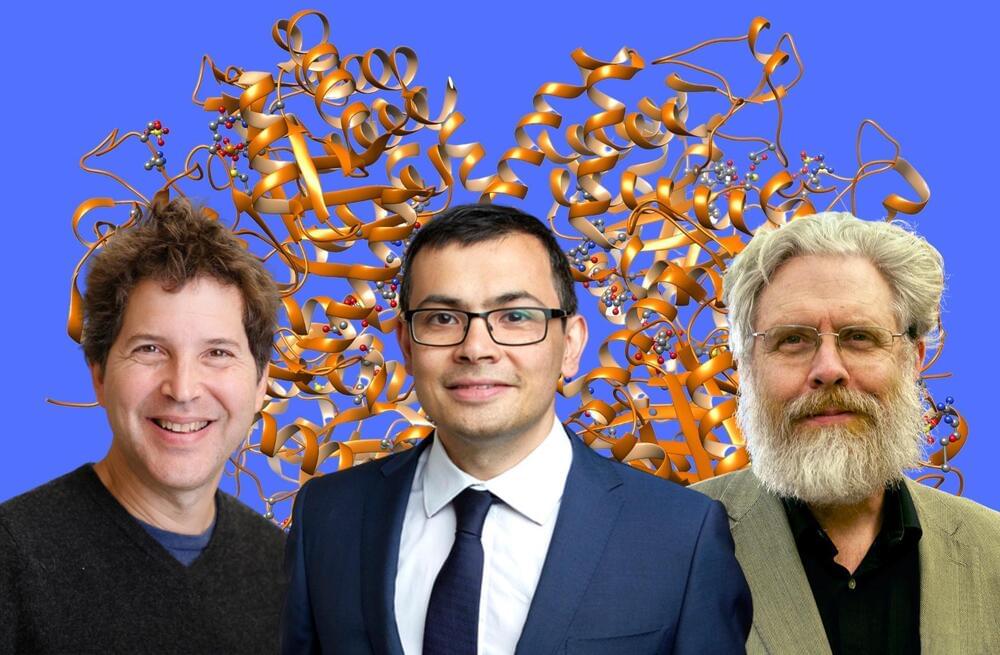Artificial Intelligence (AI) has transformed our world at an astounding pace. It’s like a vast ocean, and we’re just beginning to navigate its depths.
To appreciate its complexity, let’s embark on a journey through the seven distinct stages of AI, from its simplest forms to the mind-boggling prospects of superintelligence and singularity.
Picture playing chess against a computer. Every move it makes, every strategy it deploys, is governed by a predefined set of rules, its algorithm. This is the earliest stage of AI — rule-based systems. They are excellent at tasks with clear-cut rules, like diagnosing mechanical issues or processing tax forms. But their capacity to learn or adapt is nonexistent, and their decisions are only as good as the rules they’ve been given.








